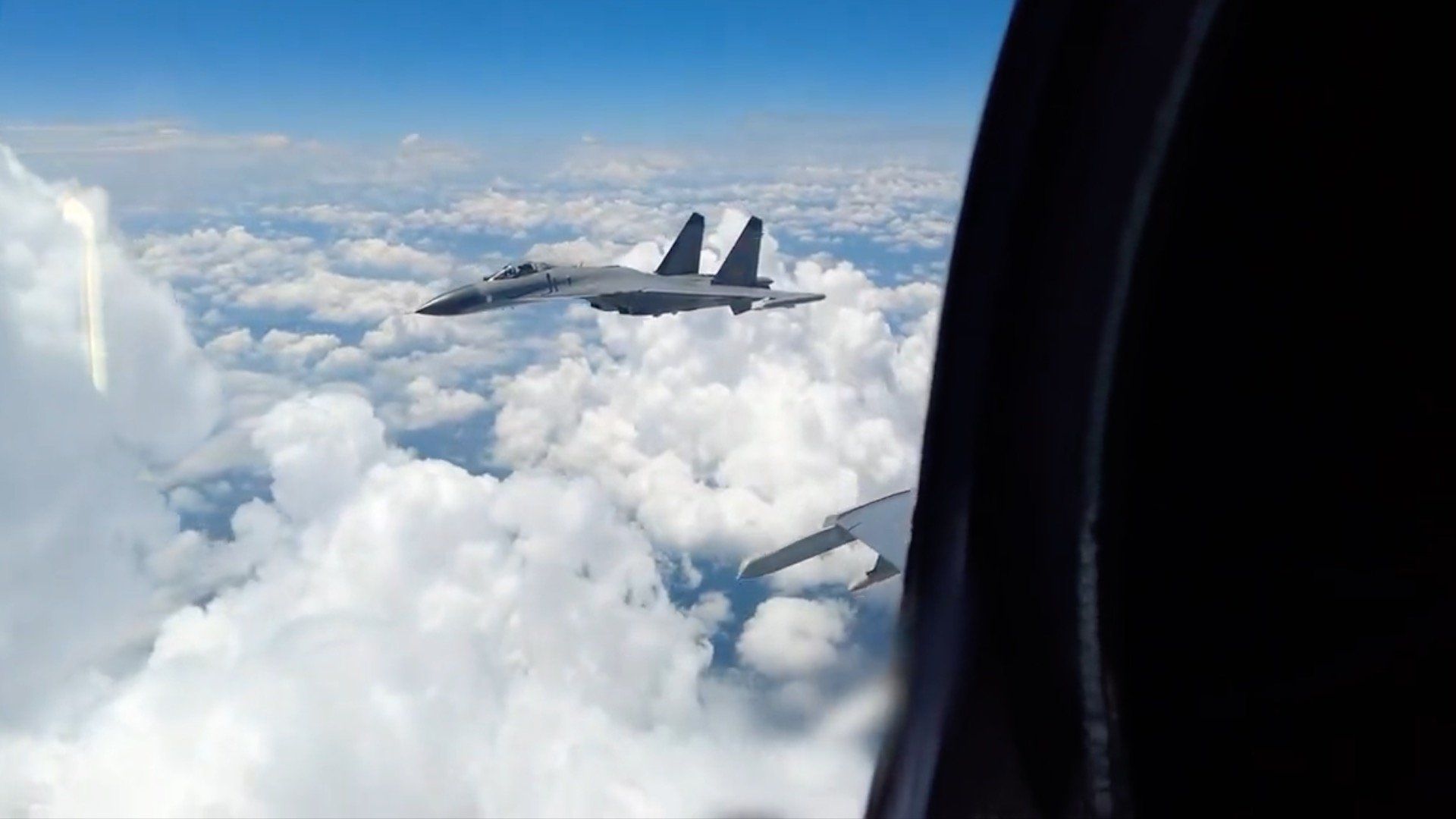Last week was a busy one for naval traffic in the Taiwan Strait, as the U.S. and Canada sailed warships through as a reminder to China, and the world, that Taiwan’s partners will ensure that the waterway remains freely navigable.
This week, China responded with its own traffic.
Between Sunday and Monday, China flew over 100 warplanes towards Taiwan, with 40 of them crossing the midway point between the two, the “median line.” While Chinese flights like this aren’t uncommon, the number of planes set a record. That’s a sign Beijing may be stepping up activity in response to perceived aggression from the U.S. (and Canada).
The latest tit-for-tats over Taiwan come as Canada and the US seem to be pulling in slightly different directions when it comes to China. The Biden administration has lately been looking to stabilize relations with its chief rival, while Trudeau’s government is launching an inquiry into foreign political interference that spotlights Beijing.
